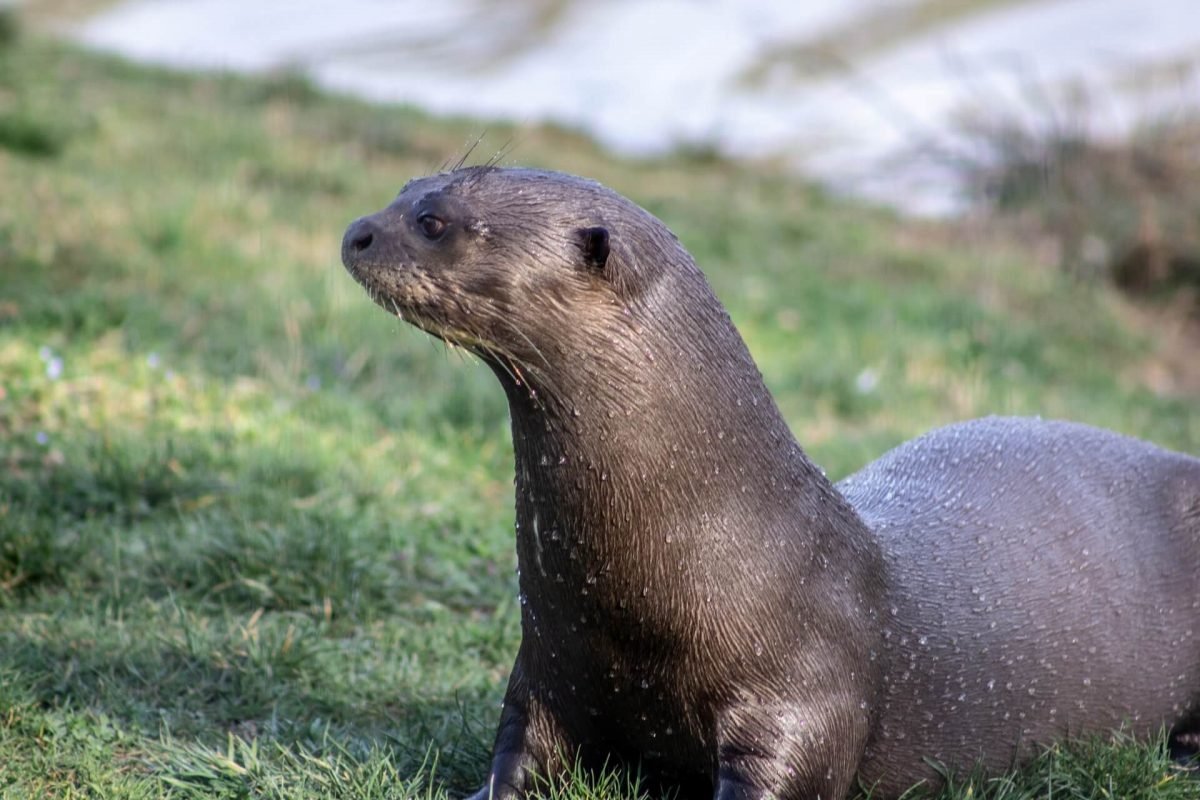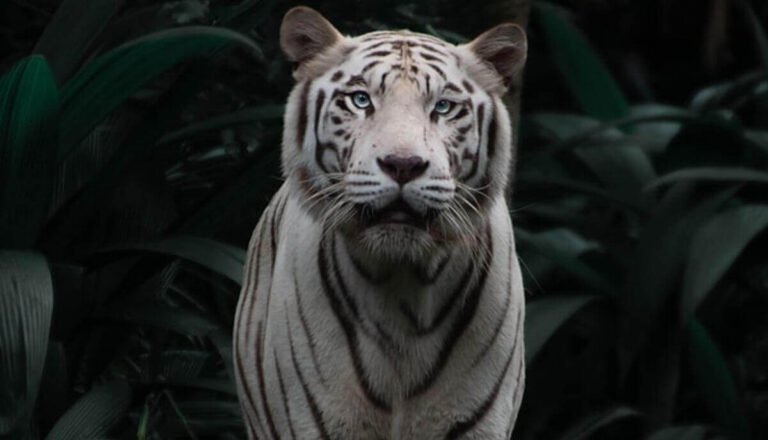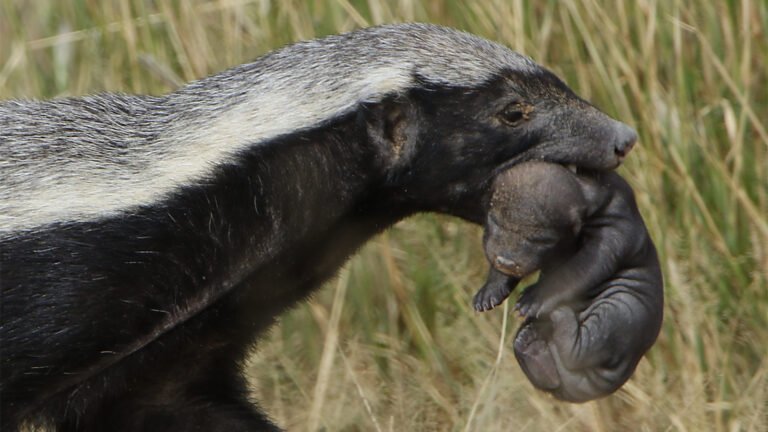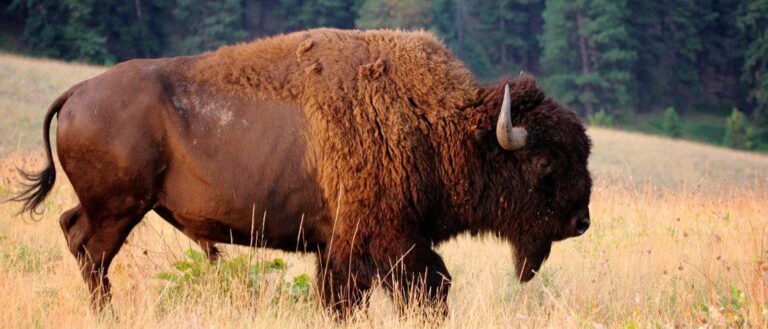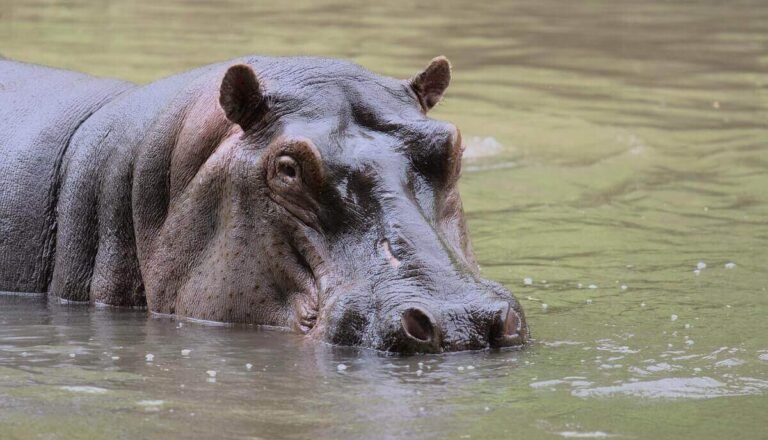Can Otters Live On Land?
Otters are one of the most adorable animals on the planet. They’re playful, have a cute face, and are amazing swimmers. So can they live on land?
The answer is yes and no. Otters spend most of their time in the water, but they do need to come onto land to rest and eat. However, they don’t live exclusively on land like some other animals do.
A Sea Otter's life – Big Blue Live: Episode 2 – BBC One
Otters are marine mammals, meaning they live in the water. But can they live on land?
It turns out that otters can spend time on land, but they do not do well for long periods of time.
They are able to survive for a short while out of the water, but their bodies are not built to sustain them on land for extended periods. Otters need to be in the water to stay healthy and thrive.
If you find an otter stranded on land, it is best to call a wildlife rehabilitation center or your local animal control so they can come and rescue the otter and get it back to its natural habitat where it will be much happier and healthier.
Do River Otters Live on Land
River otters are mammals of the weasel family. The thirteen species of river otters occur on all continents except Antarctica. They inhabit freshwater ecosystems and, with the exception of the sea otter, live exclusively in these habitats.
River otters are relatively long-lived, with lifespans up to 21 years in captivity.
Most river otters weigh between 5 and 14 kg (11 and 31 lb). The body length can range from 38 to 90 cm (15 to 35 in), not counting a tail that may be as long as 45 cm (18 in).
The males are larger than the females on average and can be twice their size at birth. Adult male North American river otters can reach lengths of 1.5 m (4 ft 11 in) and weights of up to 16 kg (35 lb). Females rarely exceed 84 cm (33 in) or 8 kg (18 lb).
Can Otters Be Pets
Yes, otters can be pets. They are playful and curious animals that make great companions. While they require a lot of care and attention, owning an otter can be a very rewarding experience.
Otters are highly intelligent creatures that need plenty of stimulation to stay happy and healthy. A bored otter is an unhappy otter, so it’s important to provide your pet with plenty of toys and enrichment activities. Otters also need a large enclosure with access to water, as they love to swim.
Owning an otter is not for everyone. They require a significant amount of time and effort, but if you’re up for the challenge, an otter can make a wonderful pet.
Where Do Otters Live
Otters are a type of aquatic mammal that can be found all over the world. There are 13 different species of otters, and they can be found in a variety of habitats, including rivers, lakes, and even coastal areas.
Some otter species are more widespread than others.
For example, the North American river otter can be found throughout North America, from Alaska all the way down to Mexico. The Eurasian otter, on the other hand, is found across Europe and Asia.
Otters typically live in areas with access to plenty of food and shelter.
In addition to their diet of fish and other seafood, otters also eat amphibians, reptiles, birds, and small mammals. They often build their homes in dens or burrows near water sources so they can easily access food.
While some otter species have large populations and are not considered endangered, others are at risk due to habitat loss and hunting.
It’s important to protect these animals so we can continue to enjoy their company for years to come!
Can Otters Live Out of Water
Otters are a type of mammal that is part of the weasel family. They are semiaquatic animals, meaning they can live both in and out of water. Most species of otter live near oceans, rivers, or lakes where they can find plenty of fish to eat.
While otters spend most their time in the water, they will come ashore to mate, rest, or build dens. Dens are usually made in hollow logs or thickets on land near a river or lake. Otters will also use dens as a place to care for their young.
Baby otters are born blind and deaf and rely on their mother’s milk for sustenance.
After about two months, baby otters begin to learn how to swim and hunt with their parents. At around six months old, they are able to fend for themselves and leave the den to live on their own.
Although some juvenile otters will stay with their parents until they reach sexual maturity at around two years old.
Otters typically have a lifespan of 10-15 years in the wild but can live up 20 years in captivity if well cared for.
How Far Do Otters Travel on Land
Otters are amazing creatures that are known for their playfulness, intelligence, and cuteness. Though they are often associated with water, otters actually spend a fair amount of time on land. In fact, some species of otter will travel several miles on land in a single day!
So how far do otters travel on land? It depends on the species and the individual. For example, sea otters typically only travel a few hundred yards from the shoreline to feed or rest.
On the other hand, river otters may travel several miles upriver to find food or mates. And finally, giant Otter can cover up to 12 miles in a single day while searching for food!
No matter how far they travel, one thing is for sure: otters are built for life on both land and water.
Their furry coats keep them warm in cold temperatures and their webbed feet help them move quickly through water. So whether they’re swimming or walking, otters are always ready for adventure!
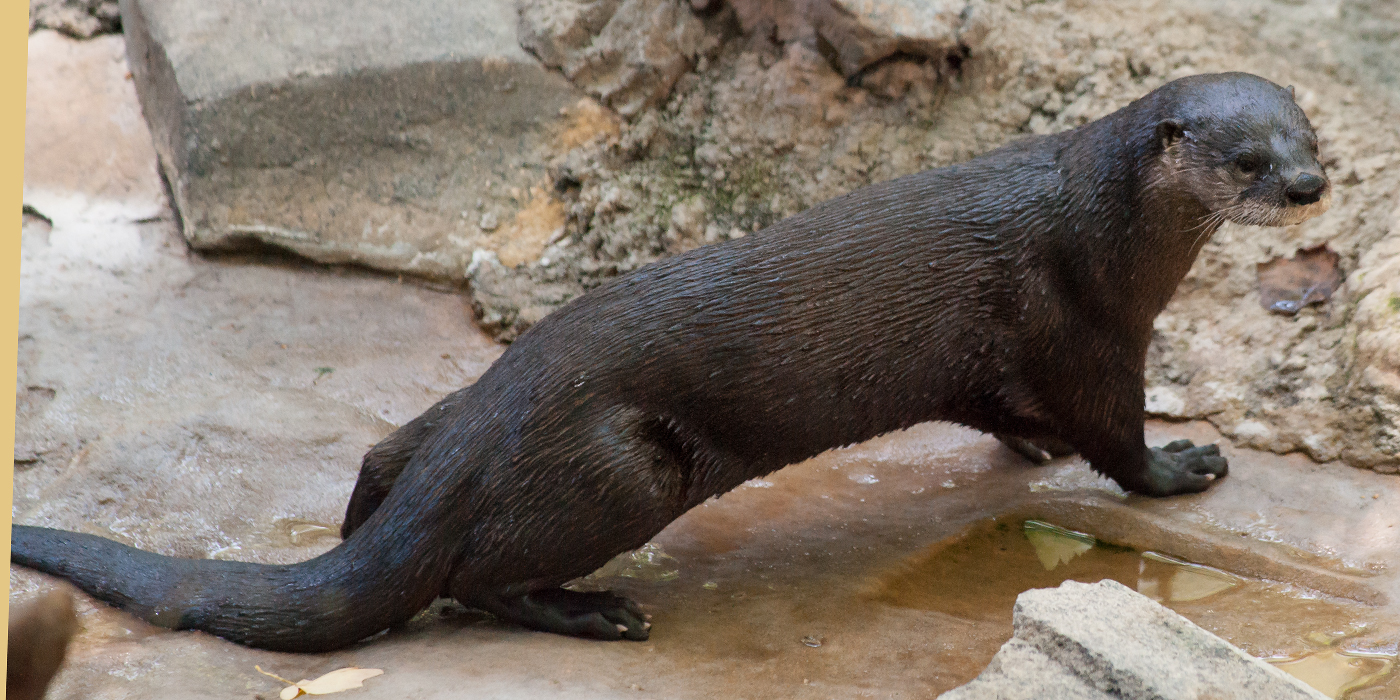
Credit: nationalzoo.si.edu
How Long Can Otters Live Out of Water?
It is a common misconception that otters must live in water. While it is true that they are very good swimmers and spend a great deal of their time in the water, they are equally comfortable on land. In fact, they will often build dens on land where they can rest and raise their young.
So, how long can otters live out of water? The answer is quite simple – as long as they need to! Otters have no problem living out of water for extended periods of time, as long as they have access to food and shelter.
They are perfectly adapted to both aquatic and terrestrial environments and can switch between them with ease.
Of course, if an otter is stranded on land without access to food or shelter, it will not survive for very long. But given the right conditions, an otter can easily live its entire life without ever entering the water!
How Long Can Otters Live on Land?
Otters are aquatic mammals that have webbed feet and a waterproof coat of fur. They are very good swimmers and can stay underwater for up to eight minutes. However, they also spend a lot of time on land, where they build their dens and groom themselves.
So, how long can otters live on land?
The answer is: it depends. If an otter has access to water, it can live on land indefinitely.
However, if an otter is stranded on land without any water to drink, it will only survive for a few days. Otters need to drink fresh water daily in order to stay hydrated and avoid dehydration. Dehydration is a serious threat to otters because their bodies are 60% water by weight.
Without enough water, an otter will quickly become ill and die.
If you find an injured or stranded otter, the best thing to do is to contact your local wildlife rehabilitation center immediately. They will be able to provide the animal with the care it needs and release it back into the wild when it has recovered.
Why Would an Otter Be on Land?
There are a few reasons an otter might be found on land. First, they may be looking for food. While most of their diet consists of fish, they will also eat small mammals, crustaceans, and birds.
They have been known to travel up to a mile from the water in search of food.
Another reason an otter might be found on land is due to the fact that they are very social animals. They live in family groups consisting of a mother and her cubs or a male and several females.
These families will often play together on land as well as in the water.
Lastly, otters use land to rest and groom themselves. Grooming is important for these animals as it helps them remove any parasites that may be attached to their fur.
It also keeps their fur clean and waterproof which is essential for staying warm in the water.
Do Otters Prefer Land Or Water?
Otters are known for their playfulness, but they’re also very serious about their habitat. Otters live in both freshwater and saltwater environments, but they prefer habitats with plenty of vegetation and a good food source.
In general, otters prefer to live in areas where they can find plenty of fish to eat.
They’re also drawn to areas with lots of plants, since these provide them with places to hide from predators and rest.
Otters spend most of their time in the water, but they will come onto land to sun themselves or build dens. When they’re on land, they’re usually close to a body of water so that they can quickly escape if necessary.
Conclusion
Yes, otters can live on land, but they prefer to live in water. They are very good swimmers and can hold their breath for up to eight minutes. Otters are also very playful animals and have been known to play with toys in the water.

